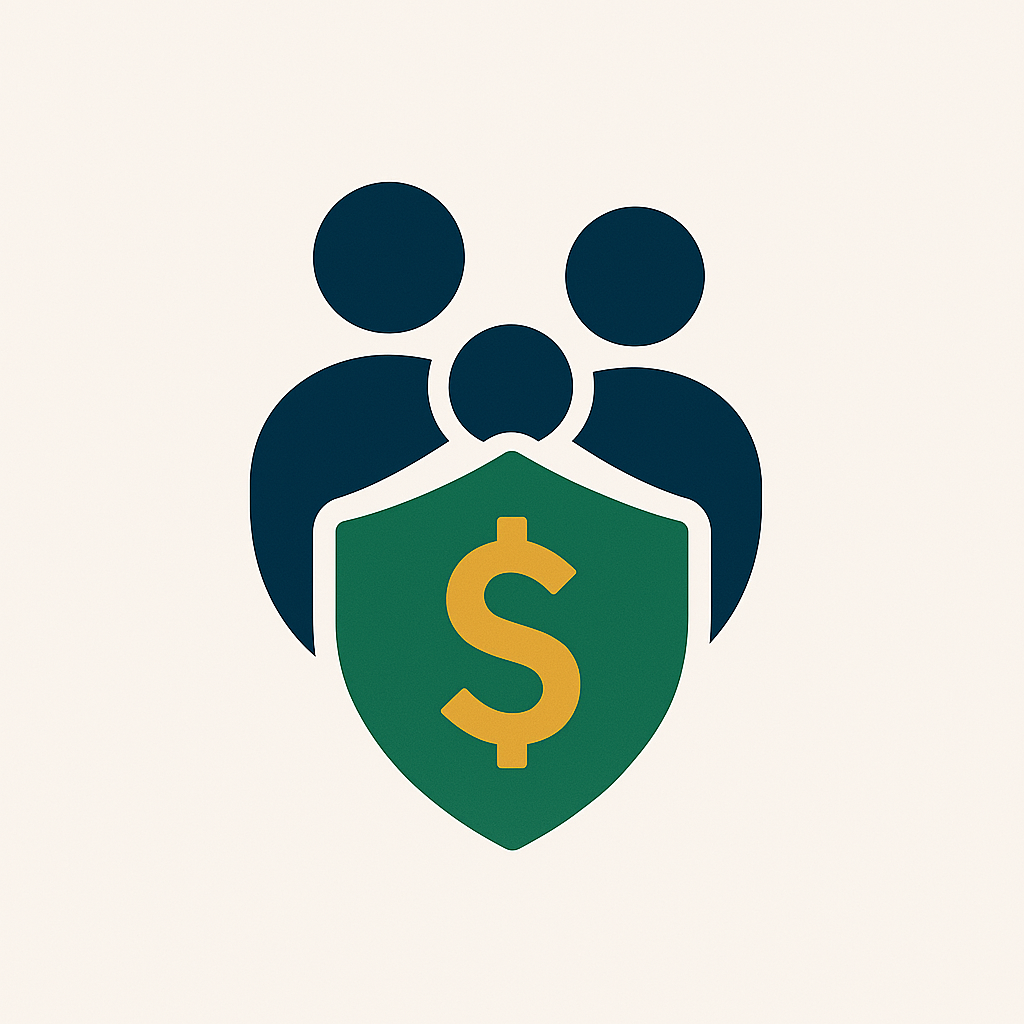7 Essential Things To Do When You Get Paid
Getting paid can be a thrilling moment, marking the culmination of hard work and dedication. But with this newfound financial windfall comes a crucial question: what are the essential steps you should take to ensure your financial well-being?
1. Set a Budget and Track Your Expenses
The first step to managing your income effectively is establishing a budget and tracking your expenses. This provides valuable insight into your financial situation and allows you to identify areas where you can save.
Resources:
* Personal Finance Tracker app (e.g., Mint, YNAB)
* Online budgeting tools (e.g., Mint, Personal Capital)
2. Pay Off Debts and Credit Card Interest
High-interest debt can quickly snowball out of control, so it’s crucial to tackle it aggressively. Prioritize paying off high-interest debts first, followed by credit card balances.
Tips:
* Use online debt calculators to determine the minimum payments required.
* Consider debt consolidation to simplify managing multiple loans.
* Explore credit card sign-up bonuses and rewards programs to earn cashback or earn points towards future purchases.
3. Invest Wisely
Investing your savings can help grow your wealth over time. Start investing early, even if it’s just a small amount. Explore diversified portfolios that include stocks, bonds, and real estate.
Resources:
* Investing apps (e.g., Vanguard, Fidelity Investments)
* Financial literacy resources (e.g., NerdWallet, Investopedia)
4. Save for Retirement
Planning for retirement should be a priority, especially as you get older. Start saving early, even if it’s just a few dollars each month. Contributing to a 401(k) or IRA can provide tax breaks and grow your savings over time.
Tips:
* Set realistic savings goals based on your income and lifestyle.
* Adjust your savings plan as your income or expenses change.
* Seek professional financial advice if needed.
5. Protect Your Finances
Cybersecurity threats are constantly evolving, so it’s crucial to take proactive measures to protect your financial information.
Tips:
* Use strong passwords and don’t reuse them across multiple accounts.
* Be cautious of phishing scams and other fraudulent emails.
* Monitor your credit report for suspicious activity and report it immediately.
6. Create an Emergency Fund
Unexpected events can happen, so it’s important to have an emergency fund to cover unexpected expenses. Aim to save 3-6 months’ worth of living expenses in an easily accessible savings account.
Tips:
* Review your emergency fund regularly to ensure its adequacy.
* Use your emergency fund as a last resort to cover expenses.
7. Stay Informed and Seek Professional Advice
The financial landscape is constantly changing, so it’s important to stay informed about the latest news and trends. Seek professional financial advice from a qualified advisor to ensure you’re making informed financial decisions.
Conclusion:
Managing your finances effectively requires a comprehensive approach that includes setting a budget, paying off debt, investing wisely, saving for retirement, protecting your finances, and staying informed. By following these essential steps, you can ensure your financial well-being and achieve your financial goals.

Leave a Reply